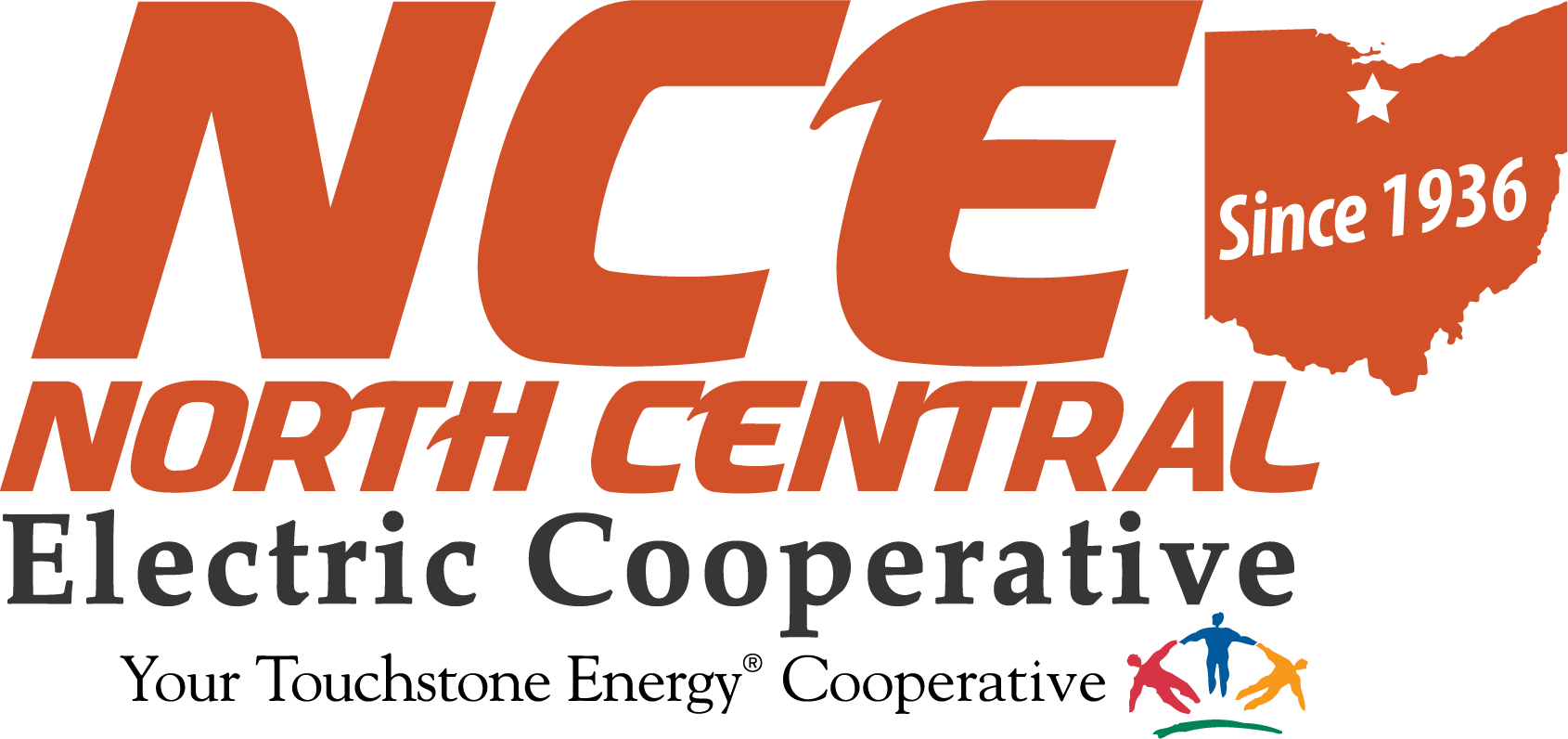There has been an uptick of phone calls from cooperative members reporting they have received phone calls from telemarketers asking about their electric bills. This is a violation of Public Utilities Commission of Ohio (PUCO) rules regulating competitive retail electric service providers.
Some cooperative members report repeated calls. Others have been told they can choose their wholesale supplier.
These callers are offering short-term discounted rates and guaranteed savings if they switch wholesale electric providers.
But cooperative members can’t switch their wholesale supplier of electricity. Neither can customers of municipal electric utilities like Republic and Sycamore. Because cooperatives are not-for-profit, member-owned and governed by locally elected trustees -- municipal electric utilities are organized in a similar fashion except they are owned by a government entity -- they were excluded from retail choice legislation passed in 2001. Telemarketers are only supposed to target customers of investor-owned electric utilities like American Electric Power and FirstEnergy.
Electric utility service territories do not follow township, village, city or county borders. Some townships may have three different utilities that serve it. Telemarketers are given a list of phone numbers and simply run the list. They often have no idea if they are calling a consumer of an Investor-owned utility or an electric cooperative.
However, the rules clearly state that telemarketers must confirm the eligibility of the “customer of record” who they are calling. They also cannot resort to misleading and deceptive sales practices.
Cooperative members should not be targeted in these marketing efforts, they should not be called at home and certainly should not be subjected to deceptive and misleading sales practices.
As not-for-profit, member-owned and locally governed utilities, the 24 electric cooperatives of Ohio own their own generation through Buckeye Power, Inc., a generation-and-transmission cooperative with coal-fired power plants, natural gas-fired plants and renewable sources of electricity.
Since 2011, the average residential kilowatt-hour rate has gone up less than 1 percent each year.
The wholesale rates Ohio electric cooperative members pay are “cost-based,” meaning they fairly represent investment in the power plants and the fuel, operations and maintenance expenses related to generation. There is no profit built into the energy and demand charges, no dividends for stockholders or hefty bonuses and stock options for executives based on power sales.
The PUCO does not regulate electric cooperatives, but the agency does set the rates and rules for IOUs and regulates the CRES providers in the state.
Telemarketers who insist electric cooperative members can switch could be in violation not only of PUCO rules, but Federal Communications Commission, Federal Trade Commission and truth-in advertising laws.
Members should protect their electric bill information. There are reports scammers and identity thieves have intentionally targeting electric cooperatives members. Information that CRES telemarketers need toc complete a sale is the same information scammers and identity thieves try to secure. An electric bill, account number or confidential information the cooperative has on file could be used the wrong way if it’s shared on a phone call.
